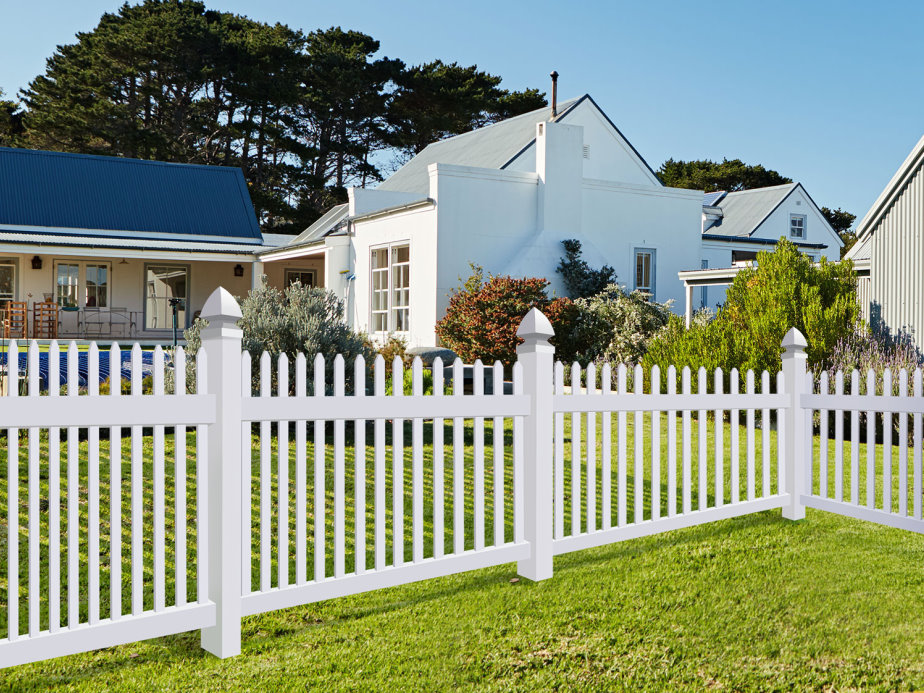Elder Care – Planning Meals for the Elderly
Elder care includes the planning of meals for the elderly. This can be challenging as there are several factors that can cause a depression in the appetite of an elderly person. Seniors may also experience drastic changes in their digestive pattern that may make it difficult for them to consume certain things. It is important to consider these when planning meals.
The eating habits and appetites of elderly people can be affected by a number of factors including the difficulty of preparing a meal for one person as well as the low desire to eat alone. Many elderly people who leave alone would prefer not to eat or prepare meals due to the loneliness at meal times. Others may be affected by difficulties in chewing, decreased physical activity, attacks of depression or lowered interest in meals as well as the inability to taste certain foods.
Some elderly people may also face challenges such as financial constraints that keep them from purchasing enough food. They may also have no means of purchasing foods from the store and will therefore stick to the foods that they can access easily.
If you are in and are planning meals for the elderly, you should take all these factors into consideration. You may otherwise plan for meals that they either have no interest in or cannot prepare.
You will also need to take into consideration the calorific requirements of the elderly. As we grow older, our calorific needs reduce. This is because the level of our activities is also reducing. The number of calories required by the elderly person will depend on their level of activity. Women who are aged over 50 and are not physically active will only require about 1600 calories per day. Men of the same age who are physically inactive will require about 2000 calories daily.
When planning an meal, it is important to consider the different foods and their nutritive value. Not all foods that have the same calorific value will have the same nutritive value. You should therefore ensure that you are incorporating meals that include high nutritive value as opposed to high calorific value.
You should also consider the value of the food in terms of fiber. Foods high in fiber will give a full feeling faster and for longer as they are bulky and take longer to digest. These foods will also serve to improve the digestive ability of the elderly. They should therefore be included in large quantities.
It is important to consult a medical doctor when planning meals. This is especially true for those who may be taking medication that may react with certain foods.




